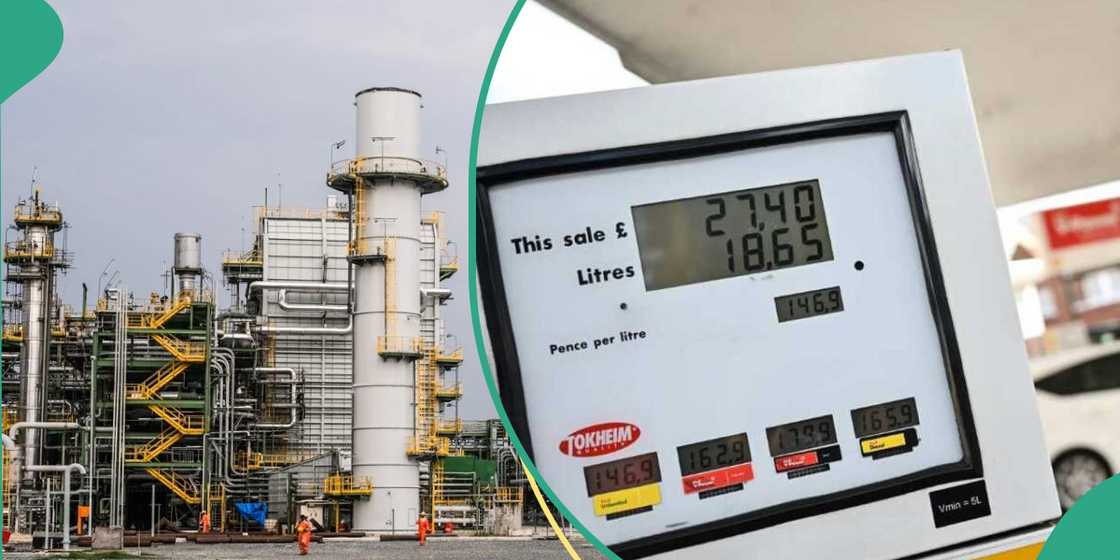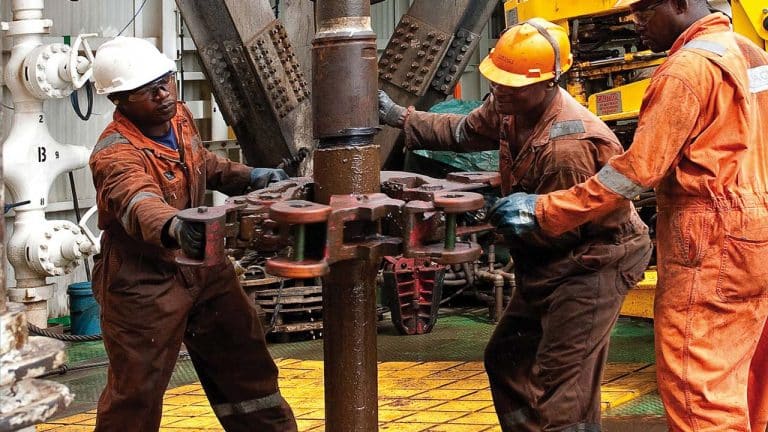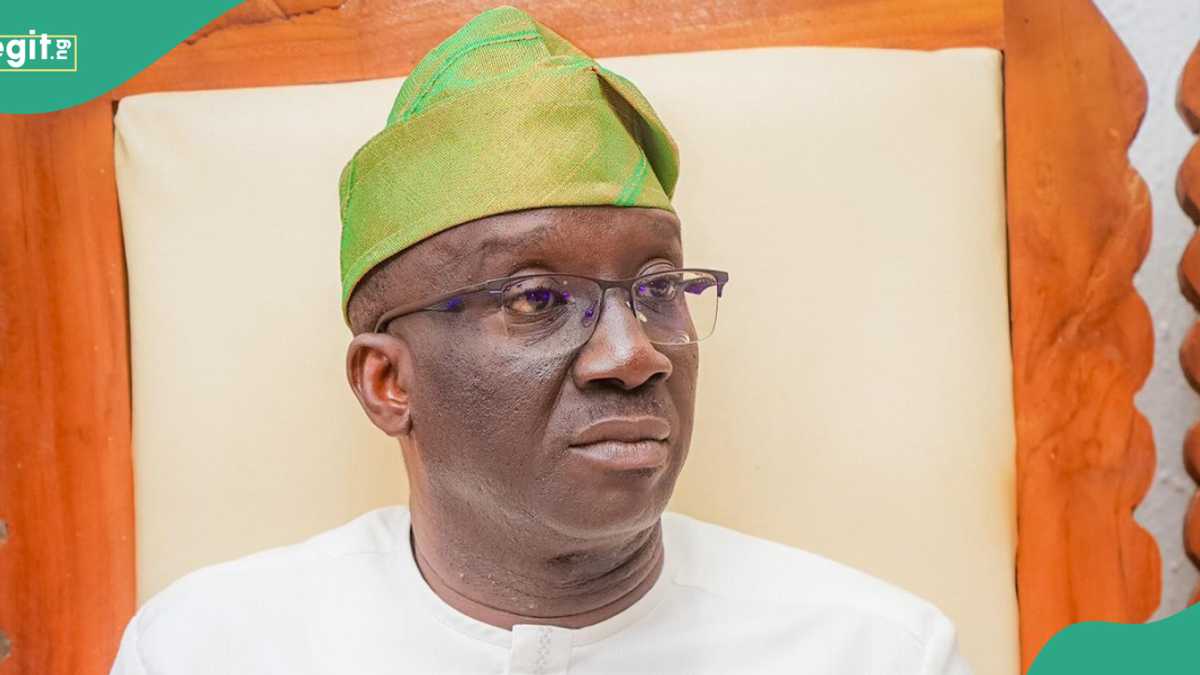- Dangote refinery management has revealed that fuel prices in Nigeria and has provided an explanation
- According to the management of the refinery, the actions of international companies make it difficult to achieve plans
- The oil company revealed that IOCs' trading arms often charge a $2-$4 premium per barrel over the official price
Legit.ng journalist Dave Ibemere has over a decade of business journalism experience with in-depth knowledge of the Nigerian economy, stocks, and general market trends.
Devakumar Edwin, the Vice President of Oil & Gas at Dangote Industries Limited, has revealed that international oil companies (IOCs) crude pricing will keep Premium Motor Spirit (PMS) or petrol prices on the high side.
According to Edwin, IOCs continue to sell crude oil to local refiners at above the official market price approved by the Nigerian Upstream Petroleum Regulatory Commission (NUPRC).

Source: Getty Images
The Nation reports that Edwin accused the IOCs of frequently imposing a premium of $2 to $4 per barrel over the official price set by NUPRC.
He said:
“As an example, we paid $96.23 per barrel for a cargo of Bonga crude grade in April (excluding transport). "The price consisted of $90.15 dated Brent price + $5.08 NNPC premium (NSP) + $1 trader premium. In the same month we were able to buy WTI at a dated Brent price of $90.15 + $0.93 trader premium including transport."He further explained following NNPC's adjustment of its premium due to market feedback indicating it was excessive, certain traders began requesting a premium of up to $4 million in addition to the NSP for a shipment of Bonny Light.
Edwin said in a statement:
Data from platforms like Platts and Argus indicates that the prices offered to us significantly exceed market rates. "We've escalated this to NUPRC, urging a review of pricing issues."Dangote refinery gives reasons fuel price will remain high
Punch reports that he urged NUPRC to take a second look at the pricing issue if the country wishes to have a reduced petrol price.
Edwin noted that:
“NUPRC has severally asserted that transactions should be on willing seller / willing buyer basis. The challenge however is that market liquidity (many sellers / many buyers in the market at the same time) is a precondition for this. "Where a refinery needs a particular crude grade loading at a particular time then there is typically only one participant on either side of the market.“It is to avoid the problem of price gouging in an illiquid market that the domestic gas supply obligation specifies volume obligation per producer and a formula for transparently determining pricing. The fact that the domestic crude supply obligation as defined in the PIA has gaps is no reason for wisdom not to prevail."Another refinery ready to begin fuel production
Legit.ng reported that the Port Harcourt Refining Company is getting closer to beginning operations and starting production like the Dangote Refinery.
Senior officials from the Federal Ministry of Petroleum Resources and the Nigerian National Petroleum Company Limited disclosed that the refinery is undergoing crucial licensing procedures.
Punch Newspaper quoted a senior ministry official who confirmed the supply of crude oil to the plant.
Source: Legit.ng
















 English (US) ·
English (US) ·